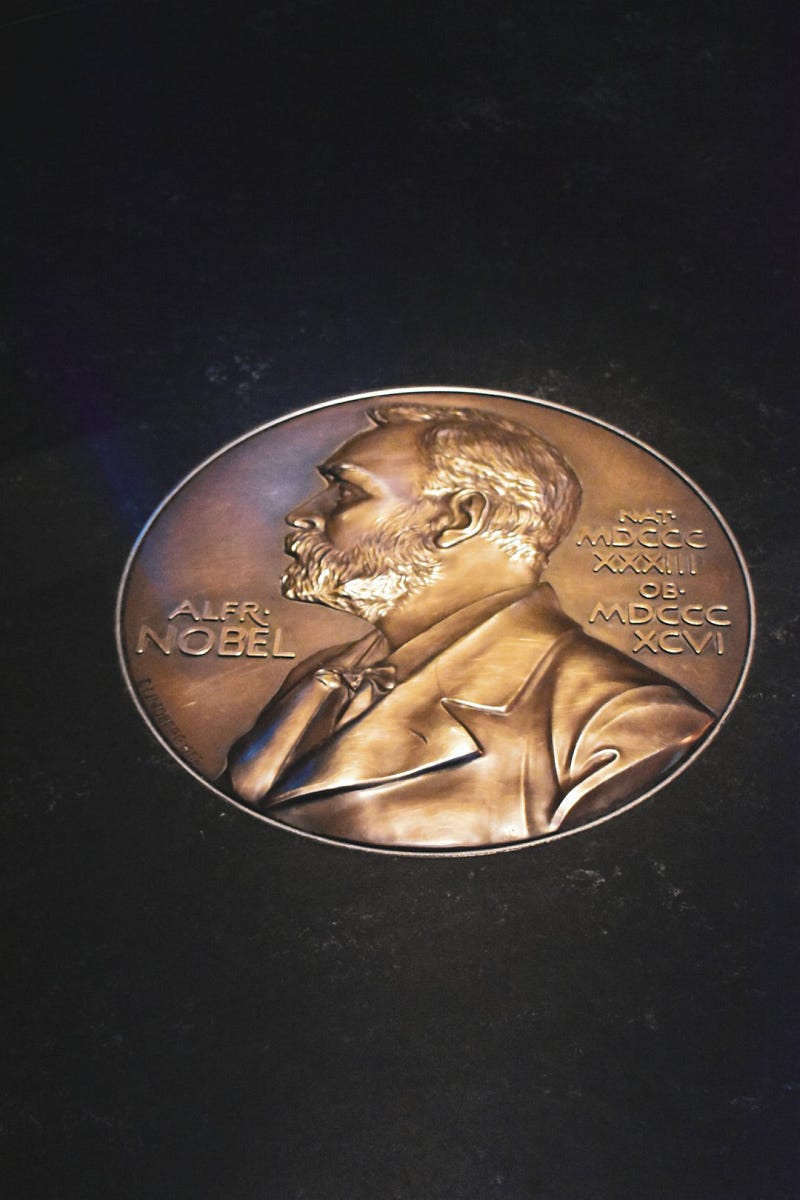The Ig Nobel: A Tribute to Serious and Bizarre Science

In the vast panorama of scientific awards, one stands out for its eccentricity and humor: the Ig Nobel Prize. Conceived in 1991 by the American humor magazine Annals of Improbable Research, the Ig Nobel celebrates research that may initially seem extravagant or even absurd but holds solid scientific value. Their motto is emblematic: “First they make you laugh, then they make you think.”
The very name of the award, “Ig Nobel,” is a play on the word “ignoble,” which means “ignoble” or “shameful” in English. However, behind this apparent playful sarcasm lies a deep respect for science and human curiosity. Every year, Ig Nobel prizes are awarded in various categories, from medicine to peace, from biology to economics.
A memorable example of the Ig Nobel awards is the one given in 2006 for the biology category. The prize was awarded to a group of scientists who demonstrated that mosquitoes responsible for transmitting malaria are attracted not only to the smell of cheese but also to that of human feet. This study, although it may seem comedic or even trivial at first glance, actually has important implications for understanding disease transmission methods and developing more effective prevention strategies.
In 2019, Italy won the Ig Nobel Prize in Medicine for providing evidence that pizza can protect against illness and death as long as it is made and eaten in Italy.
In 2023 Faye Yap and Daniel Preston from Rice University (USA) won the Ig Nobel Prize in Mechanical Engineering for using dead spiders as tweezers. They exploited the fact that deceased spiders have legs that naturally close, like a fist, but can be extended by applying mechanical pressure.
But the Ig Nobel is not just amusing scientific anecdotes. Behind each awarded research lies serious and rigorous work conducted by scientists committed to exploring new horizons and challenging conventions. Many of the studies honored with Ig Nobel prizes have led to significant discoveries or have contributed to raising important questions that would otherwise have remained in the shadows.
Furthermore, the Ig Nobel offers a unique opportunity to celebrate creativity and originality in scientific research. By encouraging an open-minded mentality and a playful perspective, these awards invite scientists and non-scientists alike to explore new avenues and embrace the diversity of approaches in the world of science.
But perhaps what makes the Ig Nobel so special is their power to unite people from different disciplines and engage the general public in discussion and appreciation of science. Through events like the annual award ceremony, the Ig Nobel transforms scientific research from an elitist and distant activity into something fun, accessible, and even human.
The Ig Nobel represents much more than just a parody of science. They are a tribute to human ingenuity, boundless curiosity, and the ability to find joy and surprise in the world around us. And, in an era where science is often the subject of controversy and polemics, the Ig Nobel reminds us that humor and wisdom can be powerful allies on our journey towards knowledge.
